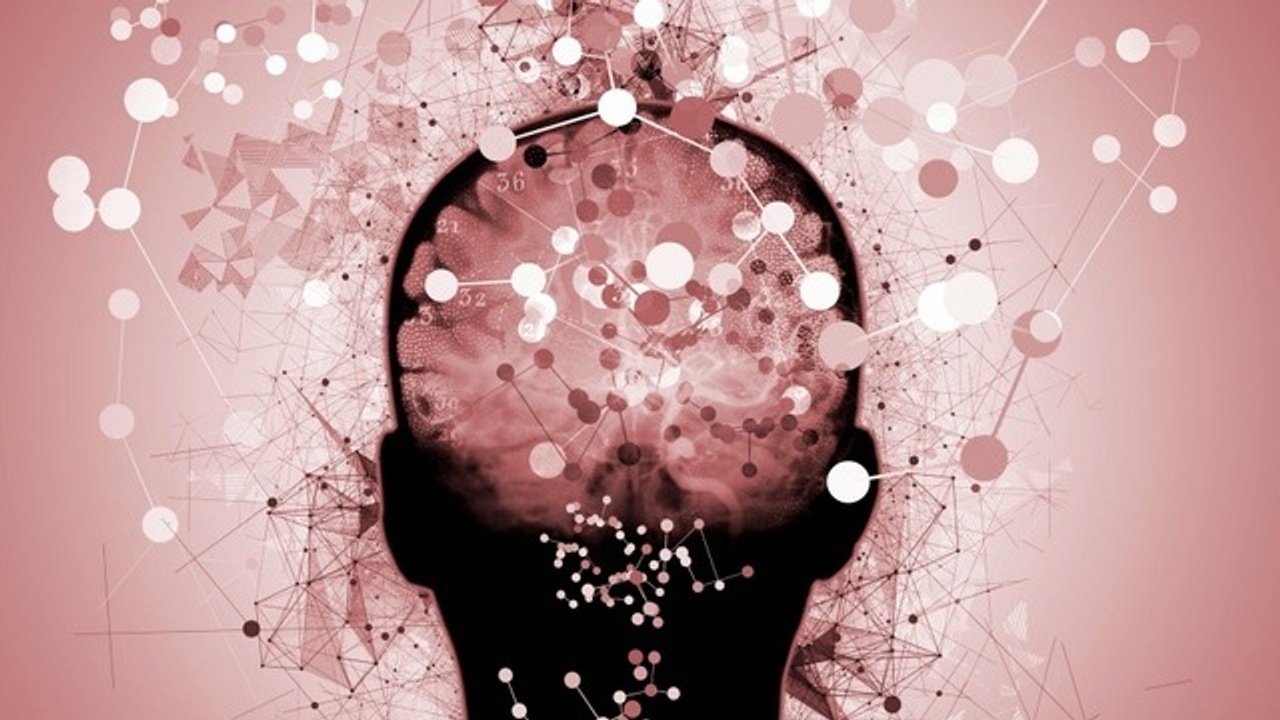The Combo That Preserves Your Precious Brain Cells

As you age, your brain gradually undergoes many changes...
The size of your brain starts to shrink, the amount of blood flow to it declines, the number of new brain cells (neurons) you produce drops, and the neurons you do have aren’t able to communicate, grow, or regenerate as well as they used to.
But there is good news. Cutting-edge research shows there are ways to protect more of your brain cells, for longer.
This is especially important since Alzheimer’s cases in America are estimated to triple from 4.7 million today to 13.8 million by 2050. And although scientists have yet to find a cure, there are many effective, all-natural steps you can take to both fortify and protect your brain.
 IMAGE SOURCE: The Alzheimer’s Association
IMAGE SOURCE: The Alzheimer’s Association
The best brain-building workout
Most people associate aging with an inevitable decline in things like memory and cognitive function. But today, I’m here to tell you that you don’t have to accept this “sentence.”
In fact, as the latest research shows us, it is possible to age well—with your vitality and mind fully intact.
One of the most effective approaches is simple and centered on two things most everyone can do: Exercise and listen to music.
In 2017, Japanese researchers published a year-long study on the effects of music and exercise on brain cell loss.
The study involved 144 healthy elderly people, who were then divided into three groups. Each group participated in one of the following interventions:
- Exercise with music (60-minute sessions, once a week)
- Exercise without music (60-minute sessions, once a week)
- No exercise or music
At the end of the year-long study, researchers found that the non-exercise group showed shrinkage in some regions of the brain.
But the exercise/music group’s gray and white matter retained its volume—which resulted in some key cognitive benefits. For instance, participants in the exercise/music group had better visuospatial functioning, which helps measure depth and distance perception, spatial navigation, and movement.
The researchers also noted that the exercise/music group had better volume in a few specific areas of the brain:
- The right superior frontal gyrus, which controls higher cognitive functions, like working memory and self-awareness
- The right anterior cingulate gyrus, which controls empathy, impulse control, emotion, and decision-making
- The left superior temporal gyrus, which is responsible for processing sounds
- The insula, which controls immune system and nervous system functions through the regulation of the sympathetic (“fight or flight”) and parasympathetic (“rest and digest”) systems
With all of this in mind, the researchers concluded that regular exercise accompanied by music can potentially delay age-related cognitive decline, especially in older adults.
Combining exercise with music not only helps preserve and enhance brain volume and function, it also burns off the stress chemical, cortisol—another major contributor to the loss of brain cells and mass.
That’s some pretty major motivation to get up and get moving!
Why miss out on a single article when you can get them delivered straight to your inbox for free?
Starting your own music-focused fitness routine
My advice? Don’t wait for health problems to surface before taking action. Act now.
If you’re just starting out with a fitness routine, here’s are some of my go-to tips for making your exercise routine truly enjoyable:
- Trouble getting motivated? Sometimes half the battle is simply lacing up your sneakers and pressing play. It might sound silly, but just focus on putting your shoes on and then see where your feet take you.
- Put together a playlist of your favorite up-tempo songs using free services like Spotify or YouTube. Or listen to the “Happy 50’s Energy” playlist I made for my Dad, Ralph: http://bit.ly/Happy50sSongs
- Regularly practice simple rhythm-based tapping exercises to strengthen your mental agility. You can find a helpful guided exercise in this article I wrote.
For more brain-protecting techniques featuring the natural benefits from music, sound, and rhythm, check out my Donovan Sound Healing Circle which gives you unlimited access to every single one of sound based wellness methods and courses for less than $9/mo! Simply click here to learn more or give it try today.
Why miss out on a single article when you can get them delivered straight to your inbox for free?
SOURCES:
Alzheimer’s Association Report. (2020). 2020 Alzheimer's disease facts and figures. Alzheimer’s & Dementia. 16(5). Retrieved from: alz-journals.onlinelibrary.
Tabei, K. et al. (2017). Physical Exercise With Music Reduces Gray and White Matter Loss in the Frontal Cortex of Elderly People: The Mihama-Kiho Scan Project. Frontiers in Aging Neuroscience. 9: p. 174. Retrieved from: ncbi.nlm.nih.gov/pmc/articles/
Fischer Center for Alzheimer’s Research Foundation. (2013). ALZInfo.org. Retrieved from: alzinfo.org/articles/
Visuospatial function. Wikipedia. Retrieved from: en.wikipedia.org/wiki/
The material provided on this site is for educational purposes only and any recommendations are not intended to replace the advice of your physician. You are encouraged to seek advice from a competent medical professional regarding the applicability of any recommendations with regard to your symptoms or condition.


